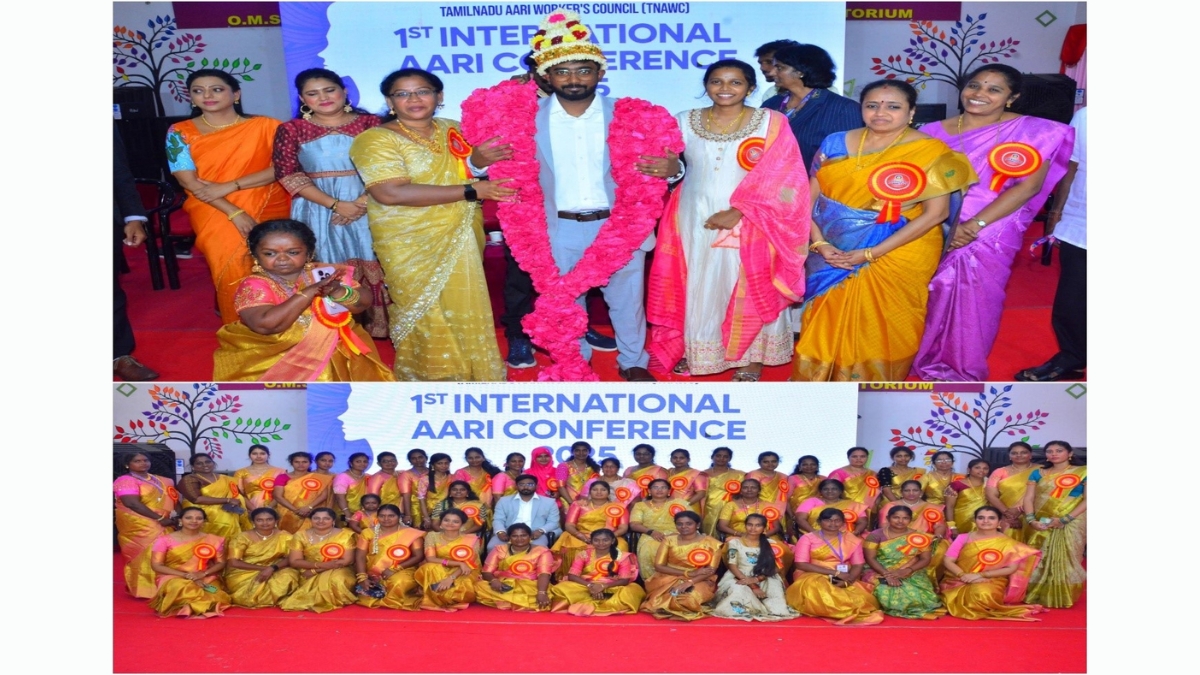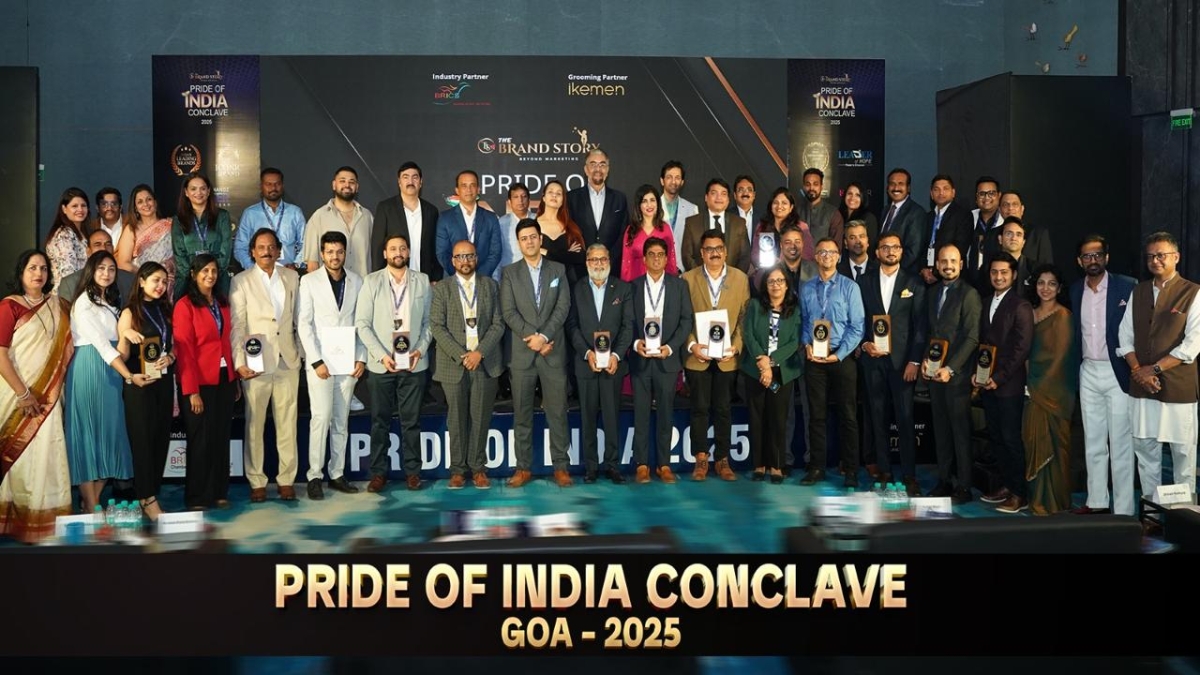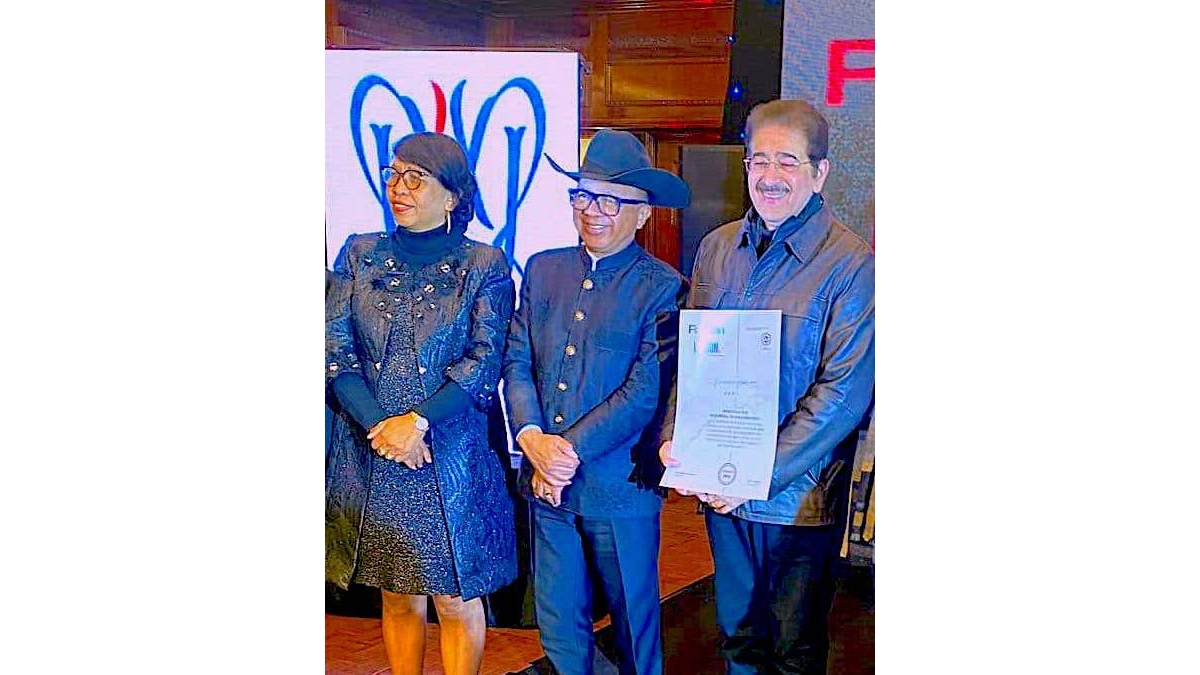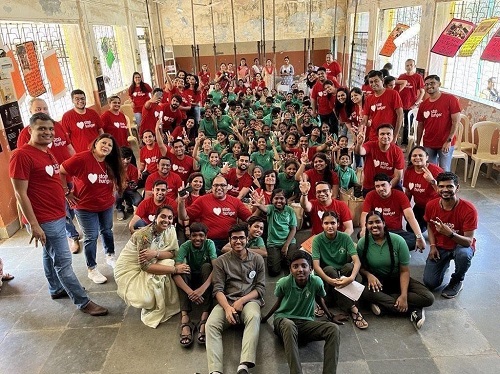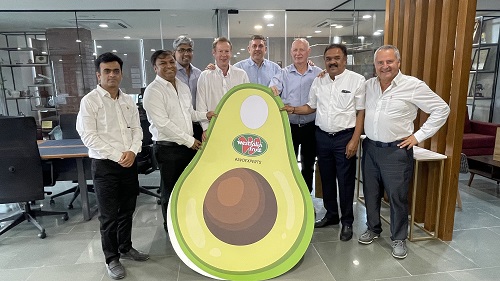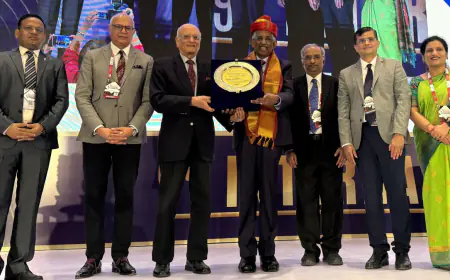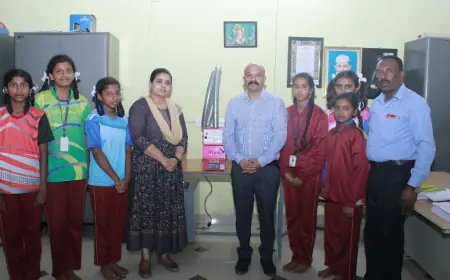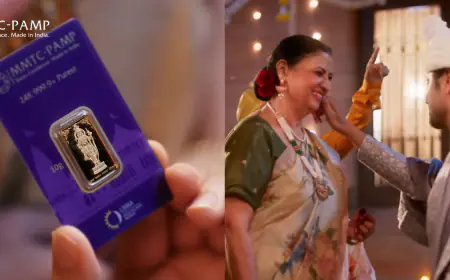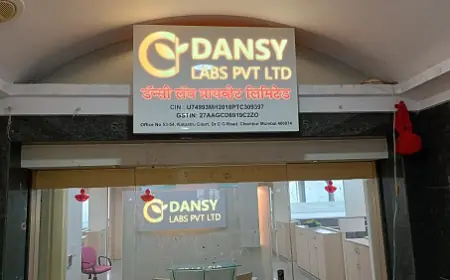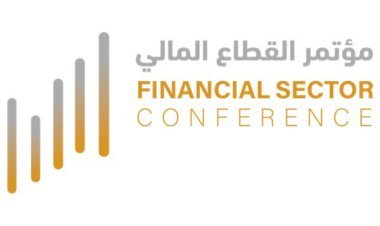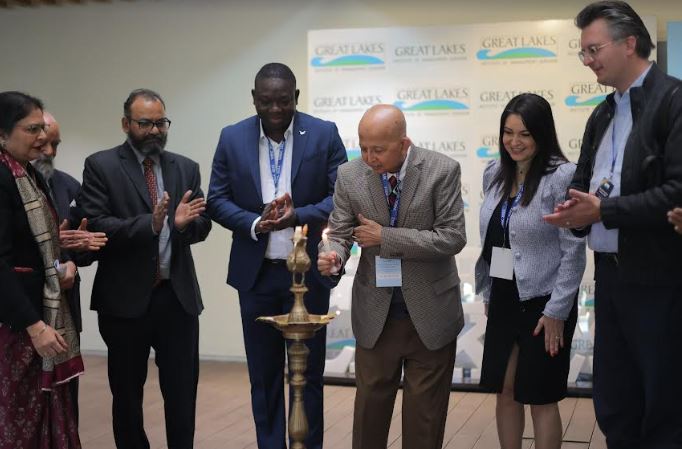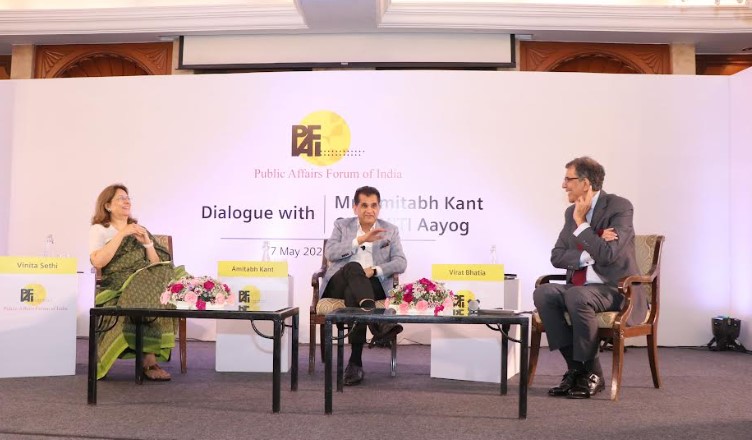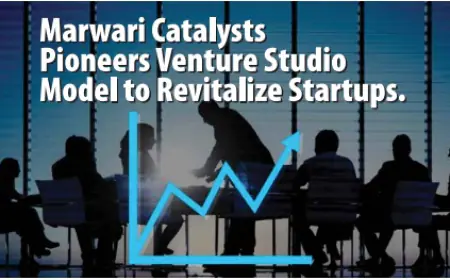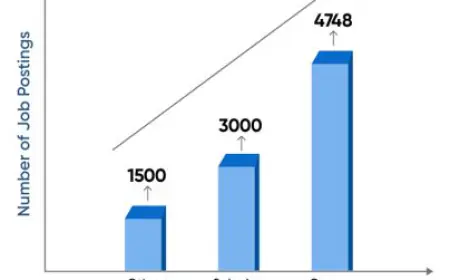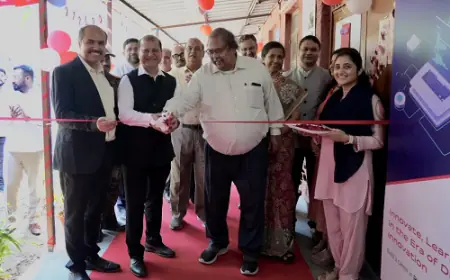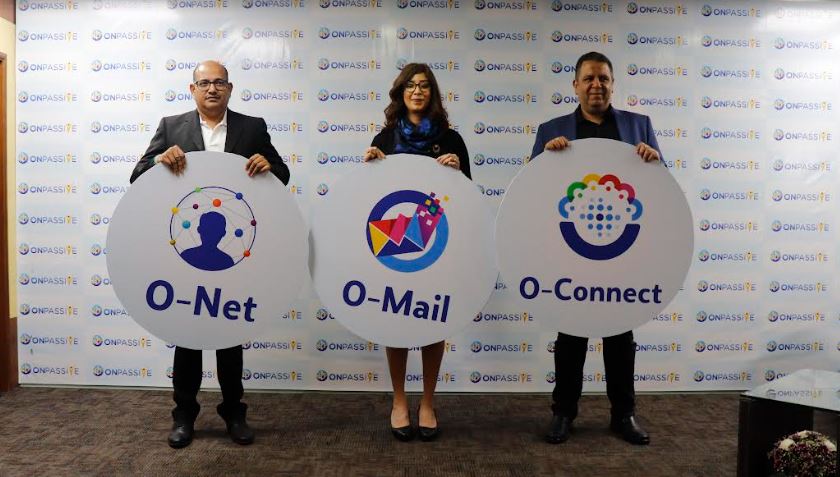A successful Indian River Clean up Solution
Cleaning a flowing river is no easy task, but definitely a dire need of the day. AlphaMERS Ltd. a Bengaluru based firm has developed and implemented solutions to clean the trash and plastics flowing down city rivers. The company's first commercial installation was in Cooum river in Chennai in 2018. AlphaMERS designed floating trash barrier arrests trash and plastics and bring to the riverbank using only natural flow of river water This company was founded by an ex-merchant Navy Captain DC Sekhar. This firm (www.alphamers.com) took a radically different approach from all conventional approaches to river clean up around the world. Using steel mesh and steel chains, it designed a floating barrier with a very high tensile strength strong enough to withstand the monsoon river flow. AlphaMERS deployed the barriers diagonally to the water flow and trash came automatically to the riverbank. This trash collection is picked up by land-based excavators and carted away by trucks. The barrier allows boat traffic to pass unhindered. The approach worked successfully, and today the firm has deployed design variations for shallow rivers, fast rivers and stormwater drains across eight Indian cities. This technology arrested 2200 Tons of plastics in its first year of operations. As per Capt. Sekhar, the Floating Trash Barrier (FTB) works entirely on the natural water flow of the river to arrest and bring the trash and plastics to the riverbank. This makes it an extremely low cost solution on a per ton basis. The design has excellent hydrostatics and hydrodynamics. Most of their installations are visible on the Google Earth. AlphaMERS has also developed device to harness electricity from ocean waves, passive systems to trap bottom silt, Hydraulic robots to clean the oil tank sludge, tandem sweeping system to sweep weed on lake surface, waterjet propelled boats, and customised conveyor systems for riverfront work. All these innovations are in various stages of commercialisation. Sharing some tips from his experience in river and lake cleanup, he says, "(i) In flowing waters, do not put a boat with fuel or crew to clean up trash. The water will bring the trash to where YOU want to collect it. (ii) While a boat cannot be all across the width of a river at one time, a barrier can cover the whole width of a river to arrest trash 24x7 (iii) Arresting and removing plastics is best done in rivers. Once it reaches the sea, it is extremely difficult and expensive to collect and dispose it. (iv) Once you remove the surface trash and bottom silt, the river or stream flow of water becomes smooth, even if the water quality is still poor. (v) One ton of plastics removed from the river, is one ton less to remove from the seas. 'Shut the taps before you mop the floor'. (vi) Letting the river flow do most of the job helps make this system a truly 'low cost' solution by all financial or environmental metrics."

Cleaning a flowing river is no easy task, but definitely a dire need of the day. AlphaMERS Ltd. a Bengaluru based firm has developed and implemented solutions to clean the trash and plastics flowing down city rivers. The company's first commercial installation was in Cooum river in Chennai in 2018.
 |
AlphaMERS designed floating trash barrier arrests trash and plastics and bring to the riverbank using only natural flow of river water
This company was founded by an ex-merchant Navy Captain DC Sekhar. This firm (www.alphamers.com) took a radically different approach from all conventional approaches to river clean up around the world. Using steel mesh and steel chains, it designed a floating barrier with a very high tensile strength strong enough to withstand the monsoon river flow. AlphaMERS deployed the barriers diagonally to the water flow and trash came automatically to the riverbank. This trash collection is picked up by land-based excavators and carted away by trucks. The barrier allows boat traffic to pass unhindered. The approach worked successfully, and today the firm has deployed design variations for shallow rivers, fast rivers and stormwater drains across eight Indian cities. This technology arrested 2200 Tons of plastics in its first year of operations.
As per Capt. Sekhar, the Floating Trash Barrier (FTB) works entirely on the natural water flow of the river to arrest and bring the trash and plastics to the riverbank. This makes it an extremely low cost solution on a per ton basis. The design has excellent hydrostatics and hydrodynamics. Most of their installations are visible on the Google Earth.
AlphaMERS has also developed device to harness electricity from ocean waves, passive systems to trap bottom silt, Hydraulic robots to clean the oil tank sludge, tandem sweeping system to sweep weed on lake surface, waterjet propelled boats, and customised conveyor systems for riverfront work. All these innovations are in various stages of commercialisation.
Sharing some tips from his experience in river and lake cleanup, he says, "(i) In flowing waters, do not put a boat with fuel or crew to clean up trash. The water will bring the trash to where YOU want to collect it. (ii) While a boat cannot be all across the width of a river at one time, a barrier can cover the whole width of a river to arrest trash 24x7 (iii) Arresting and removing plastics is best done in rivers. Once it reaches the sea, it is extremely difficult and expensive to collect and dispose it. (iv) Once you remove the surface trash and bottom silt, the river or stream flow of water becomes smooth, even if the water quality is still poor. (v) One ton of plastics removed from the river, is one ton less to remove from the seas. 'Shut the taps before you mop the floor'. (vi) Letting the river flow do most of the job helps make this system a truly 'low cost' solution by all financial or environmental metrics."
![]()
